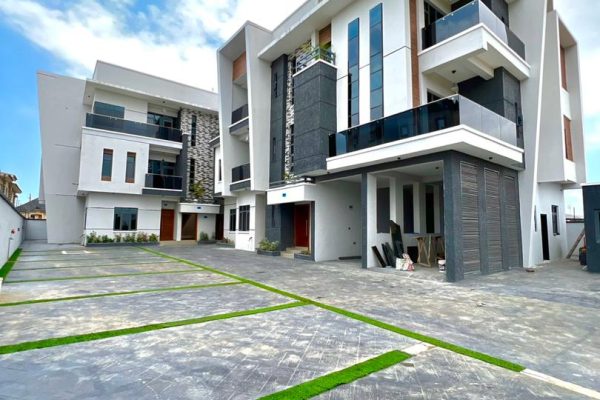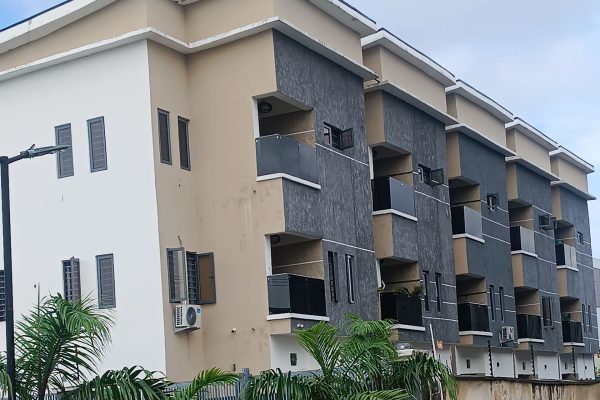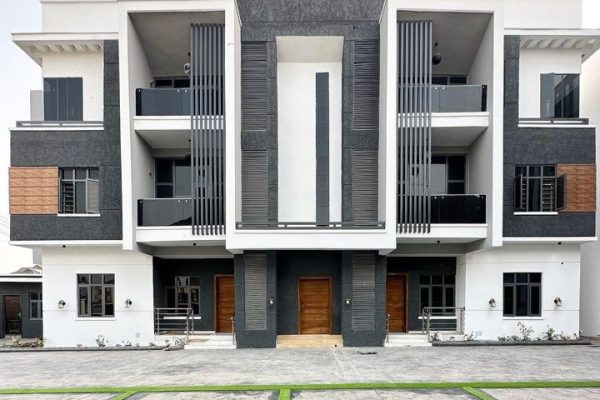Predicting real estate trends and features in Nigeria, or any other country, involves considering various factors such as economic conditions, population growth, urbanization, government policies, and more. While I can’t provide specific future predictions, I can outline some key factors to consider when assessing real estate features in Nigeria:.
- Economic Stability: Nigeria’s real estate market is closely tied to its economic stability. Factors like inflation, currency exchange rates, and GDP growth can significantly impact property values and demand.
- Urbanization: Nigeria has a rapidly growing urban population. As more people move to cities, there will be an increased demand for housing and commercial properties in urban areas. This could lead to higher property prices in cities.
- Infrastructure Development: Infrastructure development, including roads, public transportation, and utilities, plays a critical role in real estate. Areas with improved infrastructure tend to attract more real estate investments and see higher property values.
- Government Policies: Government policies and regulations can impact the real estate market. Keep an eye on policies related to land ownership, property taxes, and incentives for real estate development.
- Demographics: Understanding the demographics of potential buyers or renters is essential. Nigeria has a young population, and their housing needs may differ from older generations.
- Technology and Digitalization: The adoption of technology in the real estate sector can streamline processes, increase transparency, and impact property values. Look for trends in property technology (PropTech).
- Security: Security concerns can influence real estate choices. Areas with lower crime rates are generally more attractive to buyers and renters.
- Foreign Investments: Nigeria may attract foreign investments in the real estate sector, which can have a significant impact on property prices and market dynamics.
- Market Research: Conduct thorough market research to identify emerging trends and areas with growth potential. This can involve studying historical data, current property listings, and working with real estate professionals.
- Environmental Considerations: Increasing awareness of environmental issues may drive demand for eco-friendly and sustainable real estate solutions.
- Cultural and Social Factors: Local customs and social factors can influence real estate preferences. Consider factors such as family structure, community preferences, and cultural practices.
- Global Economic Trends: Global economic trends, such as the impact of the COVID-19 pandemic, can have ripple effects on real estate markets worldwide, including Nigeria.
Conclusion
Keep in mind that the real estate market can be cyclical, and predictions should be made with caution. Consulting with local real estate experts and professionals who have knowledge of the Nigerian market is advisable for more accurate insights and predictions. Additionally, regularly monitoring economic and market indicators is essential for making informed decisions in the real estate sector.
Related Articles
2 Comments
Comments are closed.










In publishing and graphic design, lorem ipsum is a filler text or greeking commonly used to demonstrate the textual elements of a graphic document or visual presentation. Replacing meaningful content with placeholder text allows designers to design the form of the content before the content itself has been produced.
Lorem Ipsum is also known as: Greeked text, blind text, placeholder text, dummy content, filler text, lipsum, and mock-content.